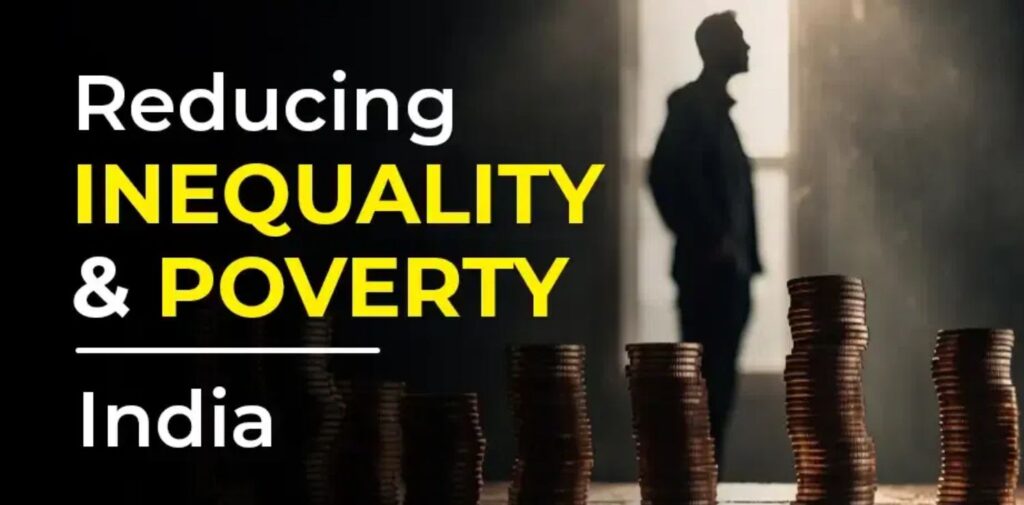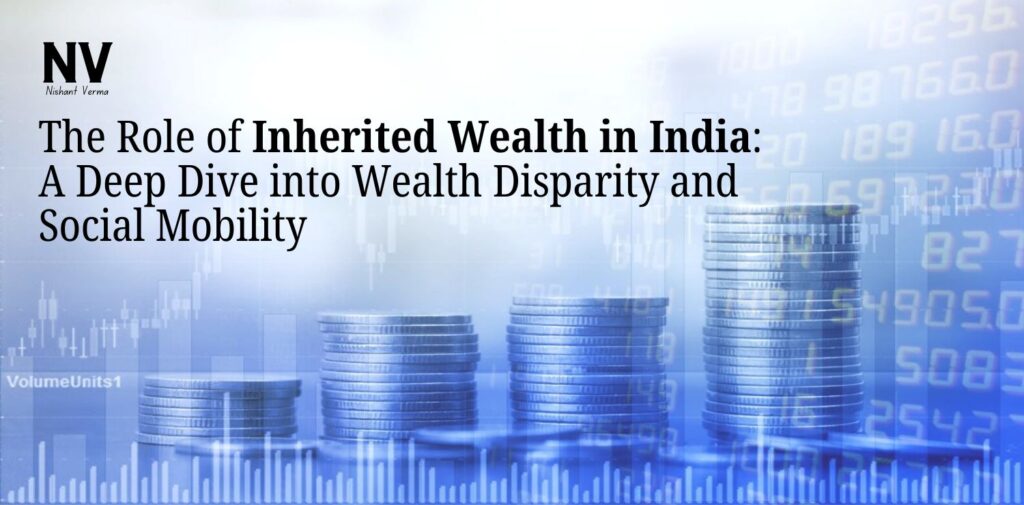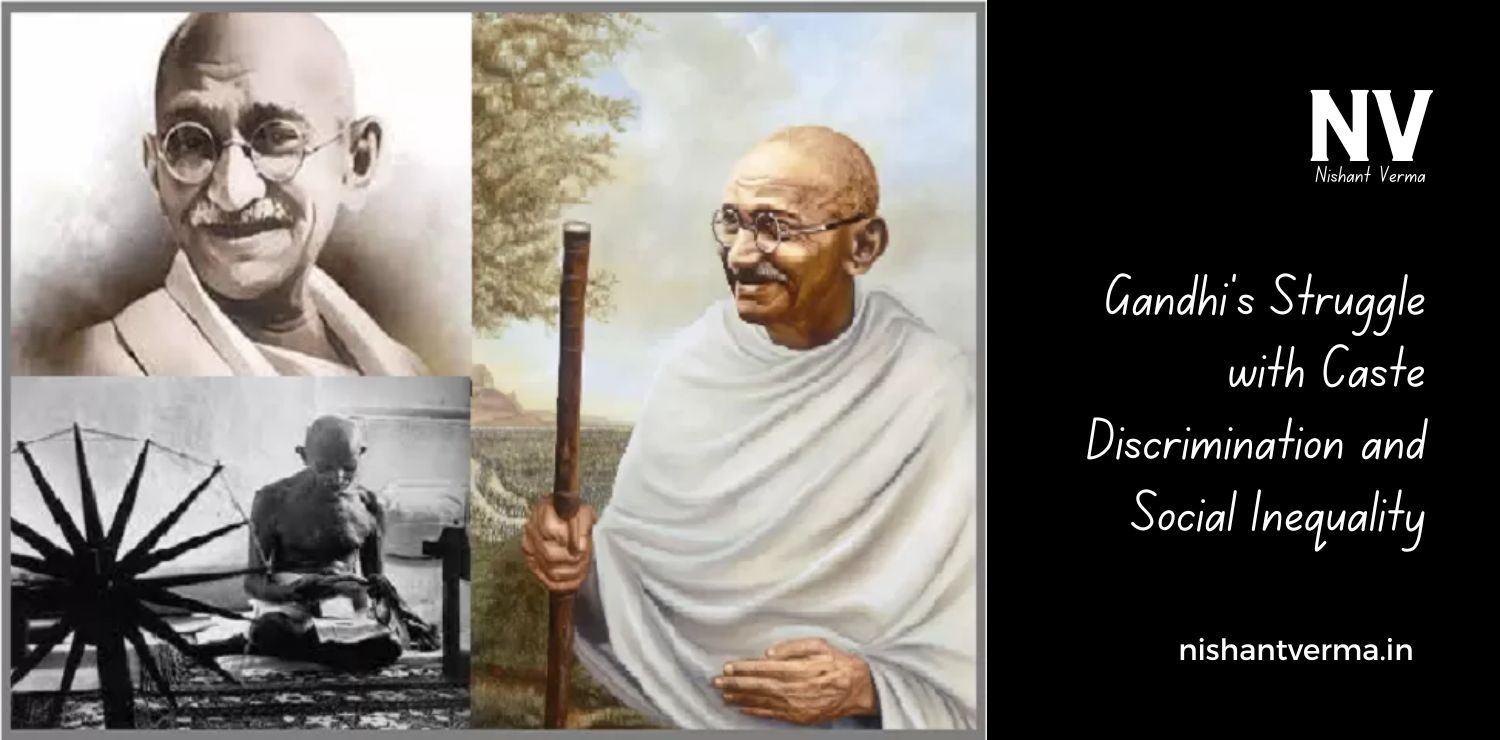In India, conversations about wealth often evoke images of sprawling businesses, luxury cars, and expansive real estate holdings. However, beneath the surface lies an uncomfortable reality about how much of this wealth is inherited rather than earned. A recent Reddit thread, where affluent Indians were asked how they made their money, revealed an overwhelming number of responses that started with some version of “my grandfather.” This common thread highlights a significant truth about the structure of wealth in India and reflects broader societal issues related to wealth disparity, social mobility, and the growing divide between the rich and the poor.
Inherited Wealth: A Barrier to Social Mobility
At the core of the wealth conversation in India is the concept of inherited wealth. While earning through hard work, innovation, and entrepreneurship is celebrated in the media, the reality for many of the country’s wealthiest families is that fortunes have been passed down for generations. Large-scale businesses, expansive land holdings, and political power are often legacies, creating a barrier to new entrants who might aspire to climb the economic ladder.
The problem with inherited wealth is that it creates an uneven playing field. Individuals born into wealthy families automatically have access to better education, healthcare, networks, and opportunities that are unavailable to those born into middle-class or poorer families. While one generation’s success may be celebrated, it often leaves future generations with little to no room for advancement unless they are part of the wealthy elite.

The Data Behind Wealth Inequality
India’s wealth inequality is staggering. According to reports from Oxfam and other organizations, the richest 1% of India’s population owns more than 40% of the country’s wealth, while the bottom 50% own less than 3%. This skewed distribution is further exacerbated by the practice of wealth inheritance. In such a scenario, wealth circulates within the same families, compounding over generations and ensuring that a small section of society continues to control a significant portion of the country’s assets.
Take, for example, the leading business dynasties in India, such as the Ambanis, Birlas, and Tatas. While these families have contributed significantly to India’s economic growth, their wealth has been passed down through generations, reinforcing the idea that wealth in India is often more about who your ancestors were than what you personally achieve. Even in sectors like technology or entrepreneurship, where one might expect more meritocratic success, we still see many individuals benefiting from family ties and established networks.
Structural Challenges to Wealth Generation for Newcomers
For those without a rich family history, the road to financial success in India is often fraught with challenges. For one, access to capital is limited. Banks and financial institutions are more likely to extend credit to established business houses than to first-time entrepreneurs from modest backgrounds. Similarly, opportunities for land acquisition, a critical asset for wealth accumulation, are often reserved for those with political or familial connections.
Furthermore, the Indian education system, while improving, still favors the rich. Elite private schools and top-tier universities are often accessible only to those who can afford them. These institutions act as gateways to high-paying jobs and business opportunities, further entrenching the divide between the rich and the rest. Meanwhile, public education, especially in rural areas, remains underfunded and of poor quality, leaving a large portion of the population ill-equipped to compete in the global economy.

The Cultural Aspect of Inherited Wealth
Culturally, India has long celebrated dynastic success. From the Nehru-Gandhi political dynasty to the business empires that have dominated the industrial landscape, there is an inherent acceptance of family-run legacies. The Indian joint family system, where generations live together and wealth is pooled, has also contributed to this phenomenon. While this system can offer stability and support, it also means that wealth is often not dispersed widely but remains concentrated within a small circle of individuals.
This culture of inheritance also extends to politics. Dynastic politics is not only common but almost expected in India, with children of politicians often seamlessly stepping into their parents’ roles, whether they have the requisite qualifications or not. This further stifles opportunities for those without the advantage of lineage, be it in business or politics.
The Psychological Impact on the Middle Class and Aspirational Youth
For India’s burgeoning middle class and ambitious youth, this reality can be disheartening. The idea of the “Indian Dream”—that anyone can make it big with hard work and determination—often clashes with the reality of inherited wealth. Many young Indians, especially those from modest backgrounds, find themselves trapped in a system that rewards connections over competence and family history over innovation.
This disillusionment is particularly acute in cities where income inequality is most visible. In places like Mumbai, Delhi, and Bangalore, it’s not uncommon to see luxury apartments and slums coexisting side by side, a stark reminder of the country’s deep-rooted disparities. For the youth striving to climb the social ladder, this creates an environment of frustration and resignation, as they realize that their success might have more to do with who they know rather than what they do.

The Government’s Role in Perpetuating or Reducing Inequality
While the government has made attempts to address wealth inequality through programs like progressive taxation and social welfare schemes, these efforts have largely fallen short. Wealthy individuals and families often use loopholes to avoid paying their fair share of taxes, while government programs aimed at uplifting the poor are frequently mismanaged or underfunded. Additionally, the concentration of political power within wealthy families means that there is little incentive to introduce policies that would disrupt the status quo.
Reforms such as estate taxes, more stringent inheritance laws, and better access to quality education and healthcare for all could help level the playing field. However, these changes face strong opposition from the country’s wealthiest, who have a vested interest in maintaining the system as it is.
Breaking the Cycle: The Need for Systemic Change
If India is to truly address its wealth disparity, systemic change is required. This means not only introducing reforms that curb the concentration of wealth within a few families but also creating opportunities for new entrants to the economic arena. Access to education, healthcare, and capital must be made more equitable, and the government must play a more active role in breaking the cycle of inherited wealth.
Moreover, cultural perceptions of wealth and success must shift. As long as society continues to celebrate dynastic success without questioning the barriers it creates for others, the status quo will remain intact. Instead, there should be greater recognition and support for individuals who succeed through innovation, hard work, and perseverance, regardless of their family background.
Conclusion
The Reddit thread where wealthy Indians attribute their fortunes to their grandfathers may seem like a humorous anecdote, but it highlights a very real issue facing the country. Inherited wealth continues to dominate India’s economic landscape, creating barriers to social mobility and perpetuating inequality. If India is to become a truly meritocratic society, it must confront these issues head-on and create a system that rewards talent and hard work, rather than family legacy.




